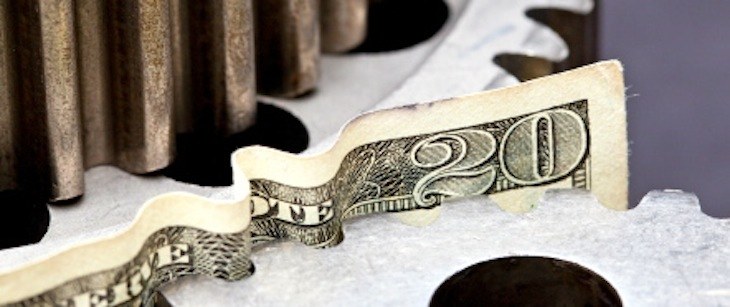Report shows inflation is changing consumer spending, saving
by September 26, 2022 5:06 pm 1,305 views

Consumers are starting to be more cautious with spending thanks to continued high inflation, according to a recent report from TransUnion Commerce Signals. TransUnion reported total consumer credit card spending grew 14.6% in July compared to the year-ago period.
The TransUnion report also said the strong jobs market and increased consumer savings during the pandemic had allowed consumers to keep spending as prices ran higher. But since July, the credit monitoring company report found consumer behaviors have been changing.
“Forced to absorb higher prices in non-discretionary categories like food, gasoline, rent and utilities, consumer spending growth in discretionary categories has slowed,” the report stated.
Jamie Dimon, CEO of JPMorgan Chase, recently estimated consumers have six to nine months of spending power left in their savings.
TransUnion reported three major behaviors consumers have engaged in recent months. First is the trading down to minimize the impact of inflation. TransUnion reported the average consumer card purchase at grocery stores increased just 3.4% in July, despite the price of food rising 10.4%. This indicates consumers are trading down such as buying hamburger meat instead of steak.
Transactions were up 9.5% in July as consumers shopped more often and bought less to stay within their weekly or biweekly budgets. TransUnion reported while other categories also saw some evidence of trading down, grocery was the major area most reported.
Consumers did continue spending on high priority discretionary categories such as travel as they sought to take family vacations this past summer. Consumer airline travel was among the highest purchase growth categories with purchases up 34.9% in July. Much of the increase was from 28.6% higher average ticket prices.
The other consumer behavior noted in the TransUnion report was cutting back on subscriptions, eating out and purchases of clothes, home furnishings and electronics. The report found restaurant sales continued to slide through August with no signs of rebound. Netflix reported in July it had lost more than 1.3 million subscribers this year and Amazon reported lower subscription growth in 2022.
“Consumer confidence has buckled amid high inflation and increased economic uncertainty. Consumers have increasingly relied on their balance sheets to fund spending in the high-inflation environment. Households have transitioned spending habits back toward normal, by spending incrementally less on goods and more on services, but only gradually so,” Jay Bryson, chief economist with Wells Fargo Securities, noted Sept. 23.
